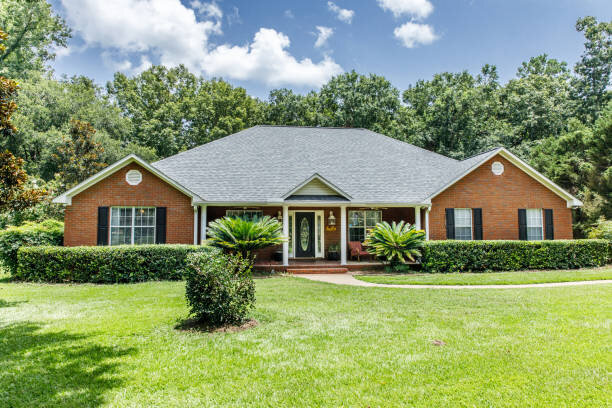
Purchasing foreclosed properties in Twin Cities is an intriguing method of investing in real estate. It’s a common sight on reality TV shows where investors acquire such properties at a bargain price, spend some money on renovations and enhancements, and then sell them for a substantial profit. However, there are a few essential factors to keep in mind before purchasing a foreclosure property in Twin Cities. Here are five things to consider when buying a foreclosure in Twin Cities.
Inventory is Dropping
Investing in real estate through purchasing foreclosed properties in Twin Cities can be a fascinating venture. This practice is often seen on reality TV shows, where investors acquire such properties at a lower cost, revamp them through renovations and enhancements, and then sell them for a considerable profit. However, before purchasing a foreclosure property in Twin Cities, it’s crucial to consider several significant factors. Here are five essential aspects to keep in mind when buying a foreclosure in Twin Cities.
Buying at Auction
Purchasing foreclosed properties at an auction can be a risky endeavor, especially for those without significant experience in real estate investment and a substantial amount of available funds. The foreclosure auction process typically prohibits potential buyers from inspecting the property beforehand, which leaves little room for evaluating the property’s condition. As a result, purchasing a foreclosed property at auction can result in financial losses due to unexpected repair and maintenance costs. Unless you are a seasoned real estate investor with sufficient resources, it may be wise to avoid buying foreclosures at auction.
Buying Bank-Owned
While purchasing a foreclosed property that is bank-owned can still provide a good deal, it may require making a higher bid if other foreclosures are selling rapidly. This indicates that there is high demand for foreclosures, and if one wishes to participate in this trend, starting with an offer that is near or at the asking price may be necessary. In case there are multiple offers, it may be necessary to offer more than the asking price and minimize contract contingencies to increase the chances of securing the property. It is important to keep in mind that the location and amenities of the property play a significant role in its popularity among buyers, so foreclosures in desirable areas may sell quickly
Get it Inspected
In most cases, the seller of a foreclosure is a bank, so there is not a traditional seller to make repairs before closing. The bank will not likely fix anything wrong with the home. They are selling it to try to make as much money back on their investment as possible. Make sure you include an inspection contingency so you can hire an inspector if you are making an offer on a foreclosure, that way you will know exactly what you are getting into if the bank accepts your offer.
Hidden Costs
Buying foreclosures in Minnesota may come with additional costs above and beyond the purchase price and closing costs. If the owner couldn’t make the mortgage payment, you can probably assume he or she did not pay the real estate property taxes or homeowners association fees if the foreclosure is in a community. You might also become responsible for any utility bills, home equity lines of credit, or other liens on the property. Make sure the title company takes these factors into account when preparing the title commitment.
You will also have to take into consideration the additional cost of making the necessary repairs or cleaning when you buy a foreclosure. There is no cleanup requirement when these properties are seized, and the previous owners might be a little upset about the bank foreclosing on them and take it out on the property. Repairs to the home might also increase the assessed value and raise the taxes.